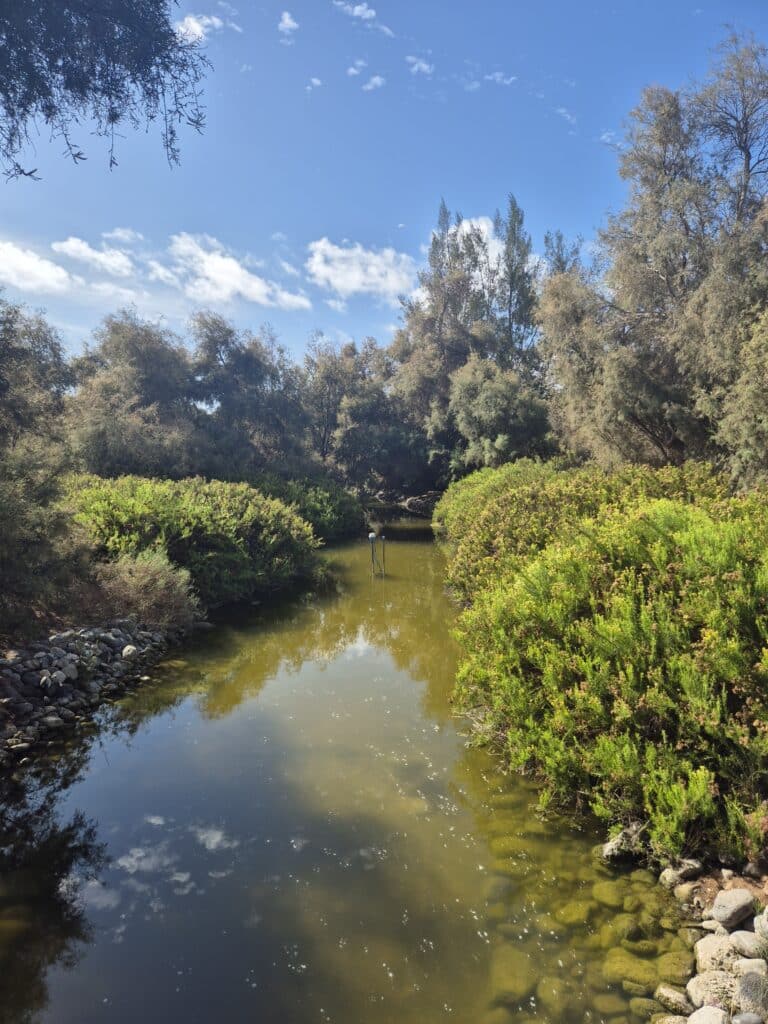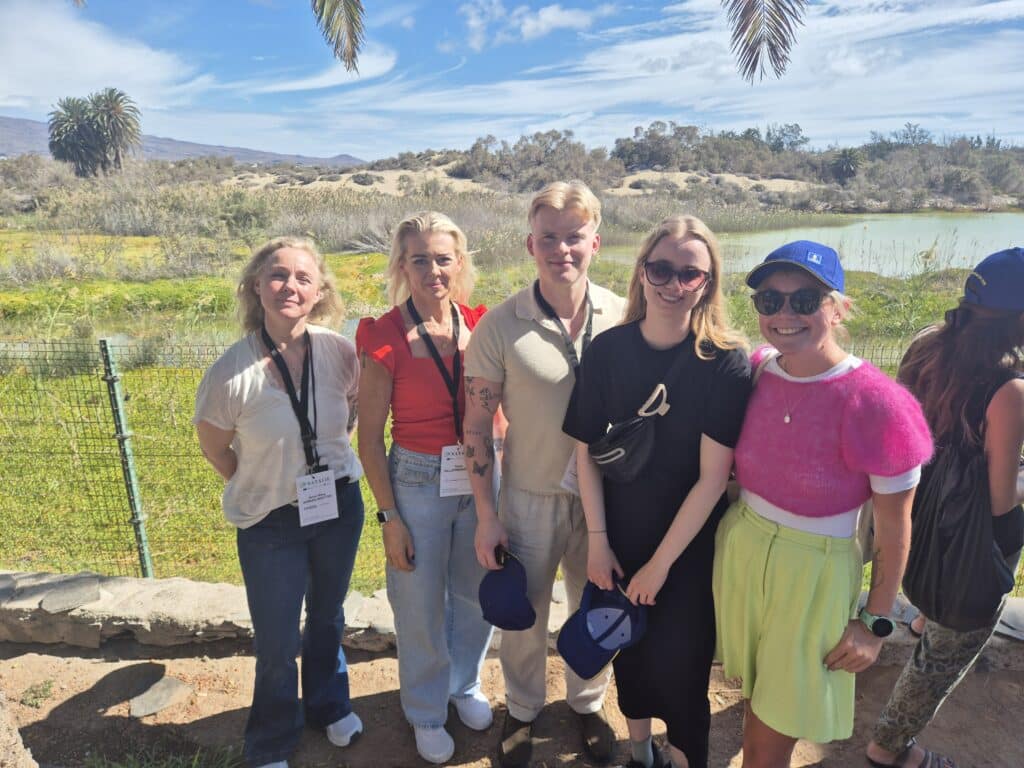On the 14th-16th October, all 43 participants of the European project met Natalie in Las Palmas on Gran Canaria to discuss the progress of the project in the first year and the next steps. The participants also had the opportunity to meet in person, many of them for the first time. The project brings together 43 companies and organizations from across Europe with the aim of developing nature-based solutions that increase the resilience of regions against the effects of climate change. The project lasts for five years and is funded by the Horizon program of the European Union.
Around 100 people participated in the meeting and representatives of most of the partners were present, along with stakeholders in the region and other stakeholders. The discussions at the meeting included the following:
Status of the project after the first year
The project involves many participants in different countries where the needs are diverse. Reviewing the situation together gave them the opportunity to gain an insight into what is going on elsewhere in Europe. Each research area updated partners on what had gone well and what the main challenges had been over the past year.


Preparing for the next workshop
An important aspect of the project is to connect with stakeholders in the area, and four workshops are held for this purpose. The first one has already taken place, but the meeting discussed how it would be most efficient to hold the next one.
Next steps
At the end of the meeting, the participants had the opportunity to sit down and plan the next steps. In such an extensive project, there are many aspects that need to be looked at, so it is important that everyone is on the same page.
In addition, a field visit was made to one of the research areas, where the participants got a good idea of the real impact of implementing a nature-based solution on the local environment. After long, but successful meeting days, Matís' representatives enter the next year of the project full of anticipation.
About the project
Natalie's project concerns the development of nature-based solutions that increase the resilience of regions against climate change. Austurland was chosen as the seventh research area (CS7) of the project and the participants in CS7 are Matís, Austurbrú, University of Tromsø and University of Exeter. More information can be found at project website.
